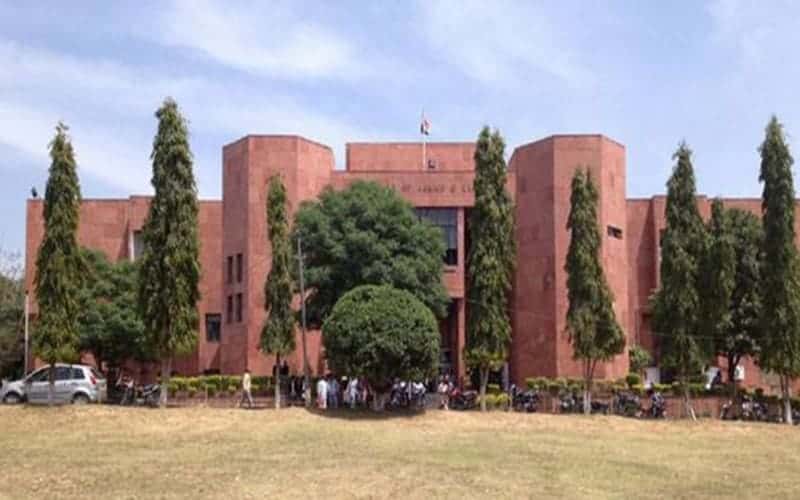New Delhi: When the Supreme Court collegium cleared the appointment of lawyer Moksha Kazmi-Khajuria as a judge of the J&K High Court, it decided to overlook the Narendra Modi government’s reference to the fact that she had converted to Islam to marry a Kashmiri Muslim man.
The collegium, at its 15 October meeting, had approved the names of two lawyers recommended by the J&K High Court collegium while refusing to clear two other names.
The Central government had also raised red flags about the “sudden rise” in Kazmi-Khajuria’s income, her competence as a lawyer, as well as the perceived closeness of her husband’s family to the Peoples Democratic Party led by Mehbooba Mufti.
Is marriage a crime?
“It seems the government, without saying it categorically, hoped that the collegium would reject her name. But since when is a marriage like hers a crime?” said a Supreme Court source familiar with the matter.
Kazmi-Khajuria, a Hindu from Jammu, had converted to Islam to marry Yasir Sayeed Kazmi, a businessman living in Barzulla, Srinagar.
“The reference to her income also seemed part of the same game-plan,” the source said. “But, the collegium decided to ignore it and recommended her name a few days ago.”
Kazmi-Khajuria had been appointed Additional Advocate General in the Mehbooba Mufti-led PDP-BJP government in J&K, but was removed from her post over differences between then-law minister Abdul Haq Khan and Advocate General Jehangir Iqbal Ganai.
The income question
The Centre’s note pointed out that while Kazmi-Khajuria’s average annual income between 2012 and 2016 — three financial years — was between Rs 2.50 lakh and 3.25 lakh, it jumped to Rs 12 lakh and Rs 15 lakh in the fiscals 2016-17 and 2017-18, respectively.
But the Supreme Court source added: “There was nothing on record to suggest that this so-called sudden rise was due to some illegal activities or manipulation in the candidate’s real income. Like several others, it was a clear example of the Centre trying to build a case just because it didn’t like a candidate. That is why the collegium didn’t buy the Centre’s contention.”

